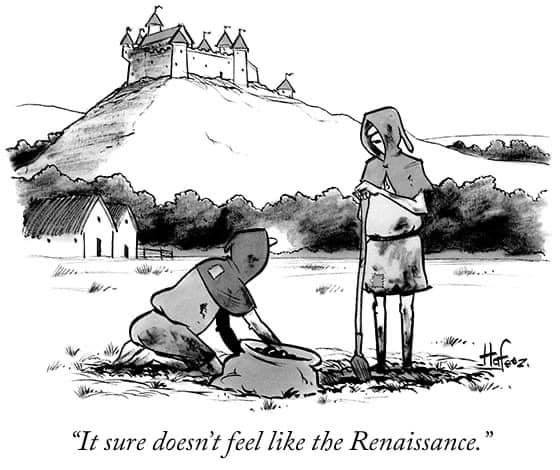#Socialism is a socio-economic path where the production (factories, mines, machinery, tools, raw materials, land, buildings, means of transport, etc.) are “owned” and controlled by the public. The goal is to create a basic equitable distribution of wealth and power by reducing the wide disparities seen in capitalist societies. Socialism abolishes private control of the means of production, to transition to a system where goods and services are produced for use rather than profit. The guiding economic principle of socialism is “from each according to their ability, to each according to their work.”
Public Ownership: Big industries and resources are owned and managed by the people, democratic governance and cooperatives.
Economic Planning: Public planning is used to allocate resources efficiently and equitably. With the digital transition and #4opens technology, this becomes practical.
Social Welfare: Social programs like healthcare, education, and social security ensure a basic standard of living for all people.
Reduced Income Inequality: The gap between the rich and the poor is reduced.
Democratic Control: Workers and the public control the economic decision-making processes.
Where #capitalism is an economic system run for private ownership of the means of production and profit. This includes capital accumulation, competitive markets, a price system, private property, and wage labour.
Private Property: Individuals and corporations own and control the means of production, and thus survival.
Market Economy: Goods and services are produced for and traded in competitive markets, where prices are determined by supply and demand. In today’s world, this means strong monopolistic control for private power and profit.
Profit Motive: The driving force behind economic activity is individual greed and the pursuit of profit.
Capital Accumulation: The accumulation of capital is central to economic growth and expansion. This leads to huge “external damage”, that’s the degradation of the poor and the environment we all live in.
Wage Labour: Workers sell their labour to owners of capital in exchange for wages. Over the last 40 years, this has seen a widening disparity.
It should be obverse to us all that capitalism leads to inequality and exploitation. Some Marxist theory:
Exploitation: In capitalism, workers do not receive the full value of their labour. Instead, the surplus value (the difference between what workers produce and what they are paid) is appropriated by capitalists as profit. We can see this plainly happening over the last 40 years.
Alienation: Workers are alienated from the products of their labour, the labour process, their fellow workers, and their own human potential because they work primarily for wages rather than for personal fulfilment or communal benefit. We have no idea how production happens anymore, our “economy” is a god we worship.
Inequality: Capitalism concentrate wealth and power in the hands of a few, leading to significant social and economic inequalities. This builds social strife.
Instability: Capitalist economies push cycles of boom and bust, leading to periodic crises of overproduction and under consumption.
Means of Production The means of production are the physical, non-human inputs used for the production of economic value. This includes factories, machinery, tools, raw materials, land, and buildings. In a capitalist society, these are owned by private individuals and corporations.
Exploitation refers to how capitalists extract surplus value from workers. Workers produce more value through their labour than the wages they are paid; this excess value is taken by the capitalists as profit.
Surplus value is the difference between the value produced by labour and the actual wage paid to the labourer. It is a fundamental concept in Marxist economics, describing how capitalists generate profit by exploiting workers.
Capital refers to wealth in the form of money or assets that are used to produce more wealth. This includes investments in factories, machinery, raw materials, and labour.
Class struggle is the conflict between classes in society, primarily between the bourgeoisie (owners of the means of production) and the proletariat (working class). This struggle is the driving force of historical development in Marxist theory.
Social Democracy vs. Socialism
Social democracy advocates for a mix of capitalism and socialism. It supports a market economy, but with significant government intervention to ensure social justice and equity. Policies include welfare programs, labour rights, and regulation of markets to reduce inequalities and provide public services.
Socialism transitions away from capitalism, to abolish private ownership of the means of production altogether. The goal is to establish a classless, stateless society where resources and wealth are distributed according to need.
Communism is the final stage of #Marxist theory, where the state has withered away, and a classless, stateless, and moneyless society has emerged. All means of production are owned communally, and goods and services are distributed based on need rather than market dynamics. The guiding principle is “from each according to their ability, to each according to their needs.”
To actually move on this path, we would need a #Revolution, to overthrow one class by another. In Marxist terms, a socialist revolution involves the working class (proletariat) overthrowing the capitalist class (bourgeoisie) and establishing a socialist state as a transition to communism. This process entails significant social and economic upheaval to replace capitalist structures with socialist ones. Understanding these concepts provides a clearer path for ongoing debates and action.
